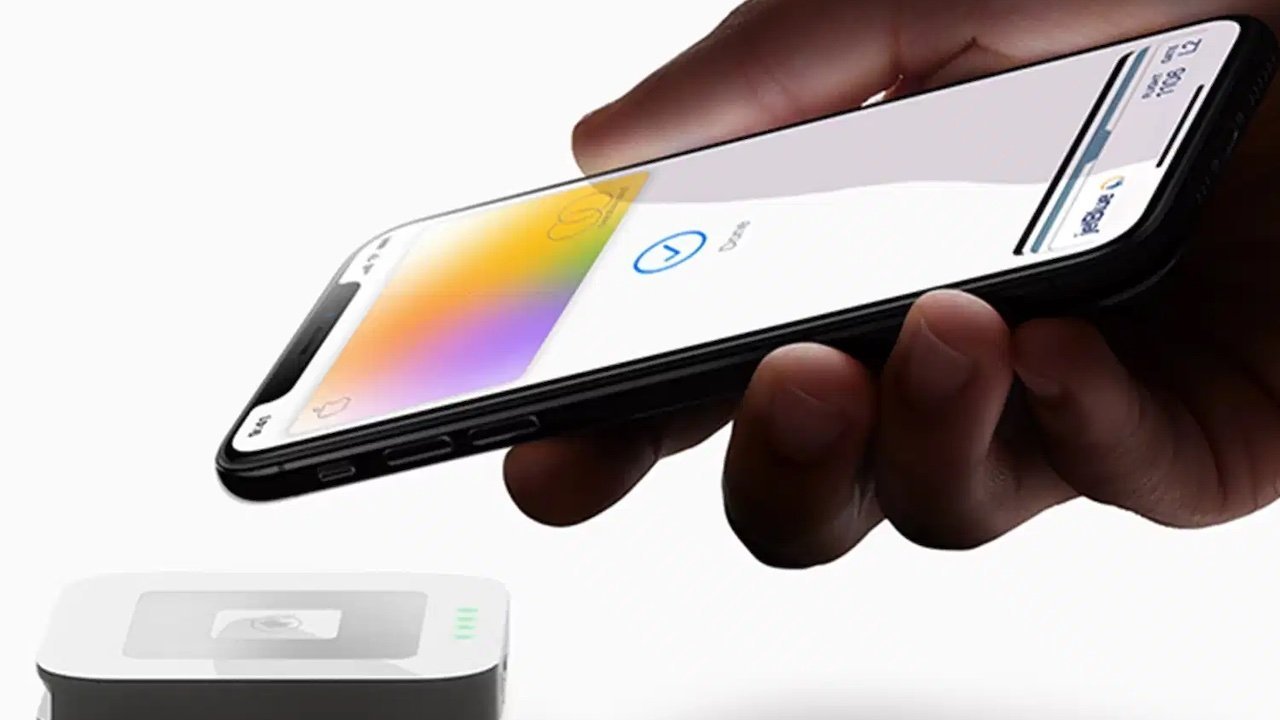 547
547
 2024-06-19
2024-06-19

The European Union has reportedly accepted a series of concessions that Apple has made over allowing third-party rivals access to its hardware NFC systems at the core of Apple Pay.
In January 2024, it was reported that Apple had agreed to allow rivals in the European Union to use its Near Field Communications chips in the iPhone. The Financial Times says that after several months, the EU is now about to accept Apple's concessions, and so conclude an investigation that could have resulted in another fine.
Three unspecified sources say that officials from the EU have been testing Apple's measures. They also report that Apple has offered to keep this access available for a decade.
It's not clear how that timescale fits with the EU's Digital Markets Act which contains no such schedule of compliance. Conceivably this is why the sources also say that the EU may yet have outstanding issues to be settled.
There are, though, also technical details that Apple is working on. Nonetheless, it's expected that a formal settlement is likely in the next few weeks.
The issues over access to the NFC are part of the EU's Digital Markets Act (DMA). While the DMA is better known for forcing Apple to allow third-party rival app stores in the EU, overall it is concerned with ensuring fair competition between companies.
Originally, Apple reserved its NFC chips for its own Apple Pay services, but has been required to allow rivals access because of the DMA. Apple's agreement to open up access has been criticized, however, for at least initially failing to include the NFC capability of the Apple Watch.
The result of this is that within the EU, third-party companies will be able to replace Apple Wallet with their own systems. This is exactly what London-based firm Curve says it is ready to do, once the EU settlement is made.
Separately, the EU is now expected to conduct investigations over Apple's alleged non-compliance with the Digital Markets Act's (DMA) requirements regarding rival app stores.
Source: AppleInsider